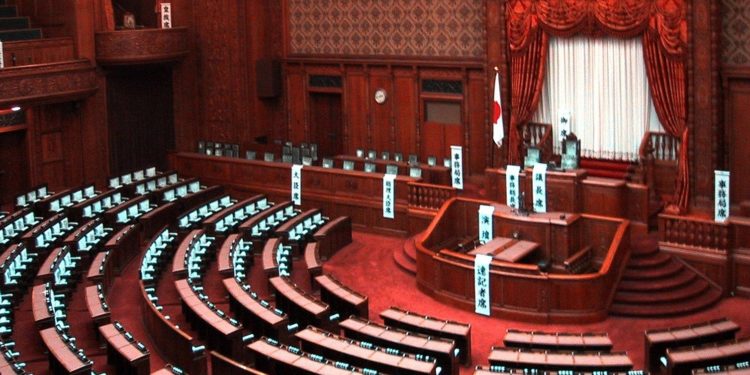This summer, Japan passed amendments to its Whistleblower Protection Act to broaden the scope of whistleblower protections and ensure proper whistleblower systems within businesses. However, the amendments fail to address retaliation concerns and do not institute a whistleblower rewards program.
The original Whistleblower Protection Act in Japan was passed in 2006. The bill established whistleblower reporting systems in large businesses and helped foster compliance-focused ideals within managerial ranks. However, there has been a host of issues connected with the original bill. For example, efforts to establish whistleblower systems in smaller businesses and raise general awareness of whistleblower rights and protections have been insufficient.
Additionally, the scope of the Act, including its definition of “whistleblower” and “protected activities,” is considered too narrow. The newly-passed amendments aim to resolve these specific two issues. However, a number of other issues, including lack of criminal punishments for companies that retaliate against whistleblowers and the absence of a whistleblower rewards program, remain unresolved by the amendments.
The amended Act requires businesses to establish systems to properly respond to whistleblower disclosures. Companies are also required to designate a specific individual to respond to whistleblower disclosures. This individual is subject to a confidentiality obligation and may not disclose information which threatens the whistleblower’s anonymity. Specific guidelines for these systems will be published at a later date. Additionally, the amended Act includes administrative actions and penal provisions to ensure that businesses adhere to the new mandates.
The newly-passed amendments relax certain requirements in order to facilitate whistleblower disclosures. Prior to the amendments’ passage, individuals could only make whistleblower disclosures to an administrative agency when there were “reasonable grounds to believe that the reportable fact has occurred or is about to occur.”
Under the amendments, whistleblower disclosures are permitted when “a reportable fact is considered to have occurred or is about to occur.” The shift in language relaxes the requirements for a disclosure to be considered permissible. Additionally, the amendments relax the requirements of reporting to news media.
Lastly, the Whistleblower Protection Act amendments expand both the definition of ‘whistleblower’ and the scope of reportable facts. The definition of “whistleblower” under the amended Act now includes retired workers, temporary workers, and officers. Meanwhile, reportable facts covered under the Act now include “not only criminal acts subject to criminal punishment, but also acts subject to administrative penalties.”
These amendments strengthen protections for Japanese whistleblowers, yet they still fall short of the strong whistleblower legislation in certain other countries. Notably, the amendments failed to institute criminal penalties for companies that retaliate against whistleblowers. Additionally, whistleblowers who can prove in court that they were fired for whistleblowing are only entitled to reinstatement. On the other hand, in the United States wrongly discharged corporate whistleblowers are entitled to double back pay under the Securities and Exchange Act.
The lack of a whistleblower rewards program in Japan is also notable. In the United States, the SEC Whistleblower Program has proven to be highly successful. Over the past decade, the SEC has awarded more than $500 million to whistleblowers, and SEC enforcement actions from whistleblower tips have resulted in more than $2 billion in financial remedies. The United States is not the only country with a successful whistleblower rewards program. Whistleblower advocate Mark Worth recently detailed South Korea’s whistleblower system.




